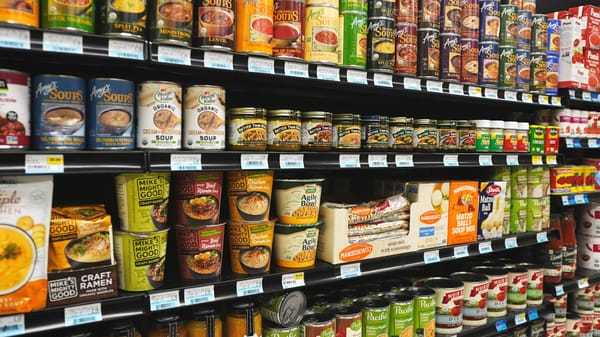Halal Meal Preparation and Guidelines

In a world where ordering food online is typical, preparing nutritious meals can be hectic. This challenge is more severe for Muslims adhering to halal dietary rules, since they must ensure all the ingredients are halal. Halal meal preparation, however, offers a solution regarding dietary concerns and provides an easy way to enjoy home-cooked meals throughout the week.
Halal Dietary Guidelines
Halal meal preparation starts with dietary guidelines. In Islam, 'Halal' means permissible, refers to lawful drinks and foods according to Islamic law. The principles of halal are more than the ingredients. It's also about how they're processed and prepared.
Halal dietary principles don't allow the consumption of pork and its derivatives and any form of alcohol. Also, the method of killing animals must follow laid-down guidelines to ensure the animal doesn't suffer. Ingredients from animals slaughtered without following the guidelines or containing impurities are non-halal.
Non-halal food in Islam
All foods and drinks are halal in Islam except those forbidden in the holy Quran. They include:
- Any form of alcohol and intoxicants
- Dead animals were slaughtered in the Islamic way, except for sea creatures and fish
- Blood
- Meats killed in the name of Idols
- Pork
- Carnivores with teeth, like lions and tigers
- Birds with claws, e.g. hawks, falcons, vultures etc.
- Mice, snakes, donkeys, scorpions, snakes, frogs, domesticated donkeys
Conditions for foods and beverages to be Halal
- It must not contain any of the above foods forbidden in the Quran
- The food wasn't prepared, processed and transported using anything Haram
- It doesn't contain unclean material
- The food and drinks are safe for human consumption
- The meat must be slaughtered according to Islamic guidelines.
What is Halal Meat?
Halal Meat is the meat obtained via Zabihah. Zabihah is the method of slaughtering animals for meat consumption. It's the purest way of slaughtering animals, and it's essential in Islamic dietary rules.
Animals whose meat can't be eaten
Several animals can't be eaten as food according to the Islamic law. They include:
- Dogs
- Pigs
- Wild boar
- Rodents and reptiles
- Frogs
- Turtles
- Bees
- Ants etc
Where to get Halal Food?
- All land animals except for the conditions given above are halal.
- Sea creatures that aren't poisonous or toxic to health
- Any types of plants that are not poisonous or intoxicating.
- Microorganisms and by-products
- Water and beverages, except for those that are intoxicants and toxic.
Location of halal meal preparation
The locations you select for preparing the halal meal should be secluded from areas involved in processing non-halal items. Similarly, the place must be clean and free of impurities. You must also give thorough care to the equipment and facilities to ensure they produce halal food in the best state.
Why You Should Plan and Prepare Halal Meal
There are several reasons you need to plan for a halal meal. Dedicating time to it will help to achieve the following.
- Origin of the meal
When you plan and prepare your halal meal, you will know the source of the food. You'll see the origin of the ingredients and won't have any issues following the dietary rules.
- Time-saving
Preparing your halal meal will save you time trying to cook daily. Hence, you'll have more time to be productive.
- Nutritional intake
When you prepare your meal, you can control the nutrients and calories you consume.
- Health and wellness
Cooking at home involves using fresh ingredients and little preservatives to retain the complete nutrients of the food.
- Affordable
Have you noticed that cooking at home is more affordable than ordering food daily? Compare it, and you'll know why you should choose halal meal preparation.
Bottom Line
Halal Meal Preparation is an aspect that all Muslims need adequate knowledge of. As someone adhering to the Islamic dietary law, you should understand what's halal and what's not. This piece explores a few aspects of halal meal preparation, so read through and widen your knowledge.





